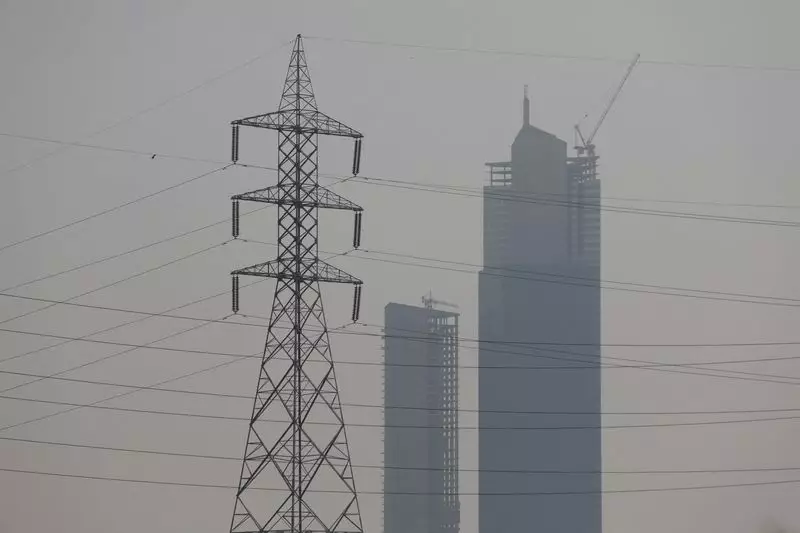In a proactive measure aimed at revitalizing energy consumption and alleviating the burden on households and industries, Pakistan’s government has announced a significant reduction in electricity tariffs during the winter months. As articulated by Power Minister Awais Leghari, this strategy is designed not only to address soaring energy costs that have plagued the nation but also to encourage the use of electricity over conventional heating methods such as natural gas. The pilot program, which will take effect from December 2024 to February 2025, is a crucial element of Pakistan’s broader efforts to navigate the complexities of its energy landscape.
The winter tariff reduction is anticipated to create an environment of relief for both citizens and businesses that have grappled with erratic spikes in electricity prices, largely a result of international financial mandates from the International Monetary Fund (IMF). With tariffs previously set at unsustainable levels, many utility companies in Pakistan have either drastically downscaled operations or temporarily halted services during the winter months when energy demands typically drop. By reducing electricity prices, the government is not only seeking to stabilize electricity consumption but also to stimulate economic activity that has stagnated due to high operational costs. Leghari highlighted that, although power consumption saw a year-on-year decline of 8-10% recently, the government aims for a 2.8% annual average increase in demand over the next decade.
Pakistan’s heavy reliance on costly natural gas and traditional wood-burning heating methods has raised concerns regarding energy efficiency and environmental impacts. Leghari emphasized that the current reliance on these methods is unsustainable and inefficient, particularly in winter when heating demands escalate. By lowering electricity tariffs, the government hopes to redirect consumer preference towards electricity, thereby promoting a cleaner, more efficient energy consumption pattern. The initiative aims to persuade citizens to shift away from less efficient and pollution-heavy heating systems, paving the way for long-term energy reforms.
In addition to the immediate benefits of reduced tariff costs, the government is working alongside development partners to address the challenges inherent in the electricity sector. These efforts include rationalizing power tariffs, restructuring power sector debt, and adjusting the tax framework surrounding electricity bills. Leghari mentioned discussions regarding tax reductions as an essential strategy for promoting the adoption of electric vehicles, a critical step toward combating air pollution. The integration of clean energy options reflects a more extensive commitment to sustainable development, which could drastically shift Pakistan’s energy paradigm in the foreseeable future.
Pakistan’s focus on winter tariff reductions signifies a transformative step in its energy policy, blending immediate consumer relief with longer-term strategic objectives. By addressing high energy costs and steering consumers towards cleaner energy alternatives, the government aims to enhance operational viability for industries and improve the overall economic climate. As this pilot initiative unfolds in the coming winter, it presents a unique opportunity for Pakistan to pioneer a more balanced and sustainable energy framework while laying the groundwork for future reforms that prioritize economic stability and environmental responsibility.

